Food for Thought
Chefs and farmers tackle the future of Lone Star food at Foodways Texas Symposium
Whether its the prized Rio Star grapefruit, delicate Texmati rice or one of our award-wining wines, Texans have plenty to brag about when it comes to producing great food. Recently, the Texas A&M Agrilife Center in College Station was abuzz as chefs, farmers, food historians and general food enthusiasts explored the history and future of Lone Star agriculture at the fourth annual Foodways Texas Symposium.
Foodways Texas, a nonprofit based out of the University of Texas’ American Studies program, works to promote and celebrate the diverse food cultures in the state through oral history projects, documentary films, recipe collections and scholarly research. The 2014 conference spotlighted key agricultural crops from the famed Texas grapefruit to the emerging olive oil and wine industries, as well as the controversial future of rice farming.
The grapefruit and rice panels both warned of potential dangers for the iconic crops that have been part of Texas agriculture since the 1800s. Citrus Greening Disease, a bacterial disease spread by the Asian citrus psyllid pest, was first detected in the U.S. in Florida in 1995 and has recently been found in Texas citrus orchards. The trees can take years to show symptoms, putting other trees at risk for infection and eventually killing the entire orchard. Farmers and scientists are actively pursuing remedies, particularly non-pesticide solutions, to protect their trees and an important Texas commodity.
Rice farmers face a different threat: a lack of water for their fields. With the increased urban populations in Texas cities, particularly Austin and San Antonio, the rice farmers are locked in a battle with the Lower Colorado River Authority (LCRA) to ensure they have enough water for their rice. Last year, many farmers had to cut back the acreage they planted, which not only impacts the farmers, but has a ripple effect in the effort to stop hunger. The Share the Harvest Foundation, a nonprofit that donates 11 million servings of Texas rice to the Houston Food Bank each year, had to cut back their contribution for the first time since the program started.
Several presentations explored agricultural communities in different parts of the state. Naya Jones of The University of Texas at Austin introduced her work interviewing black growers in the City of Austin and Marvin Bendele of Foodways Texas unveiled the Shankleville Oral History Project documenting the stories of farmers in the Southeast Texas freedmen’s community. A panel on innovative urban farming presented the community farms Urban Roots in Austin, Plant it Forward in Houston and Eat the Yard in Dallas that work with youth, refugees and veterans respectively, to run their farms.
Between discussions, attendees enjoyed meals from some of Texas’ best chefs and food artisans, highlighting homegrown products. Over the course of seven meals, chefs Molly McCook of Ellerbe Fine Foods in Fort Worth, Brian Light of Ronin Cooking in Bryan, Randy Evans of Haven of Houston, Todd Duplechan of Lenoir in Austin, Jesse Perez of Arcade Midtown Kitchen in San Antonio, Stephanie McClenney of Confituras in Austin, Meaders Moore Ozarow of Empire Baking Company in Dallas, and Sharon Hage of Dallas delighted diners with heaping helpings of Texas oysters, shrimp, lamb, beef, pork and goat accompanied by the season’s freshest produce.
Chef Hoover Alexander of Hoover’s Cooking in Austin surprised guests at the final dinner with a taste of his new hot sauce, adding a perfect spicy bite to the entrée of goat shoulder with creamer peas and greens. The smoked red pepper sauce is now available for sale at his restaurant on Manor Road.
Foodways Texas will continue the conversation of Texas food culture at next year’s symposium in San Antonio, where the group will once again feed attendees’ intellectual curiosity and satisfy their appetites.
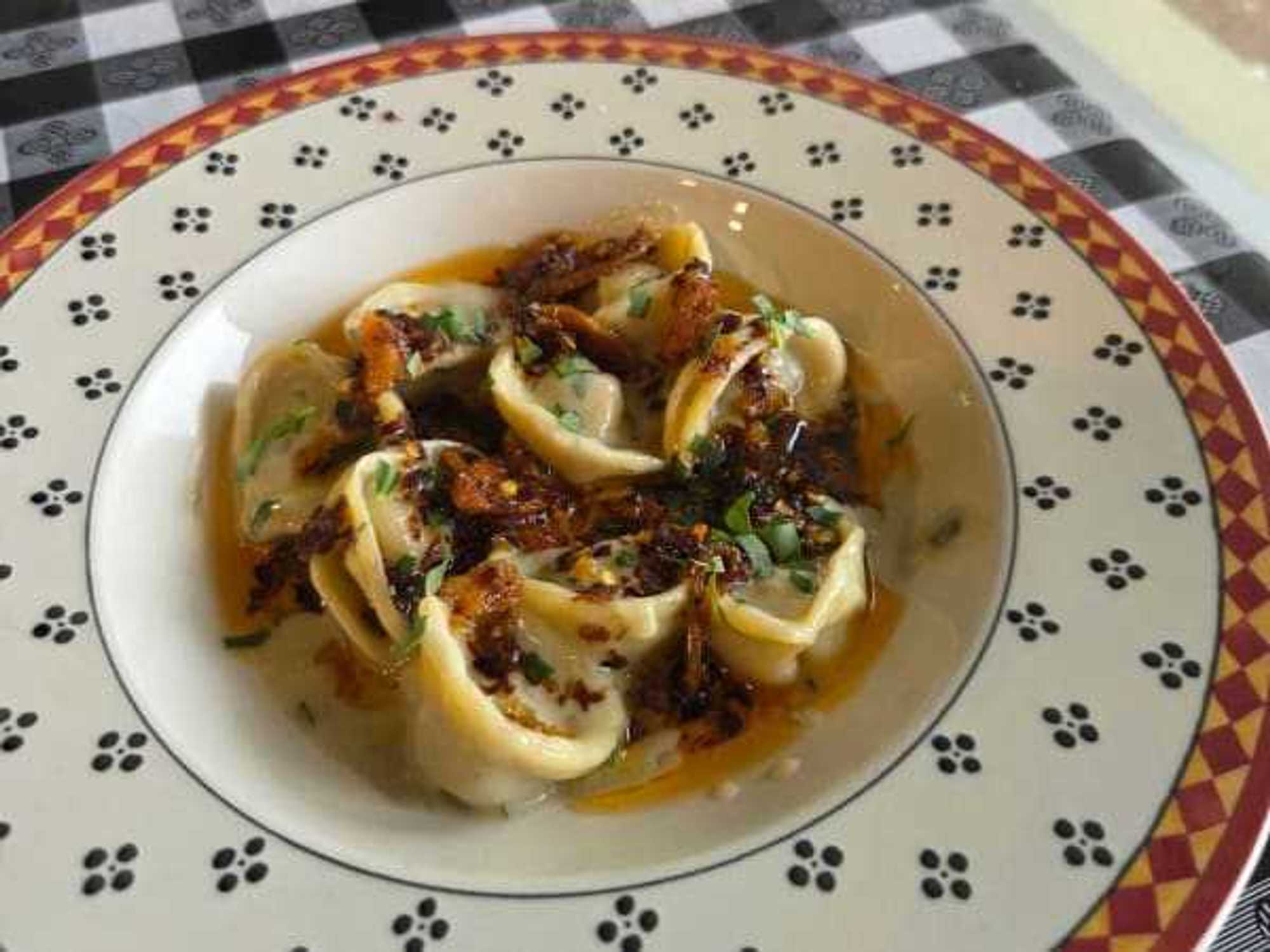
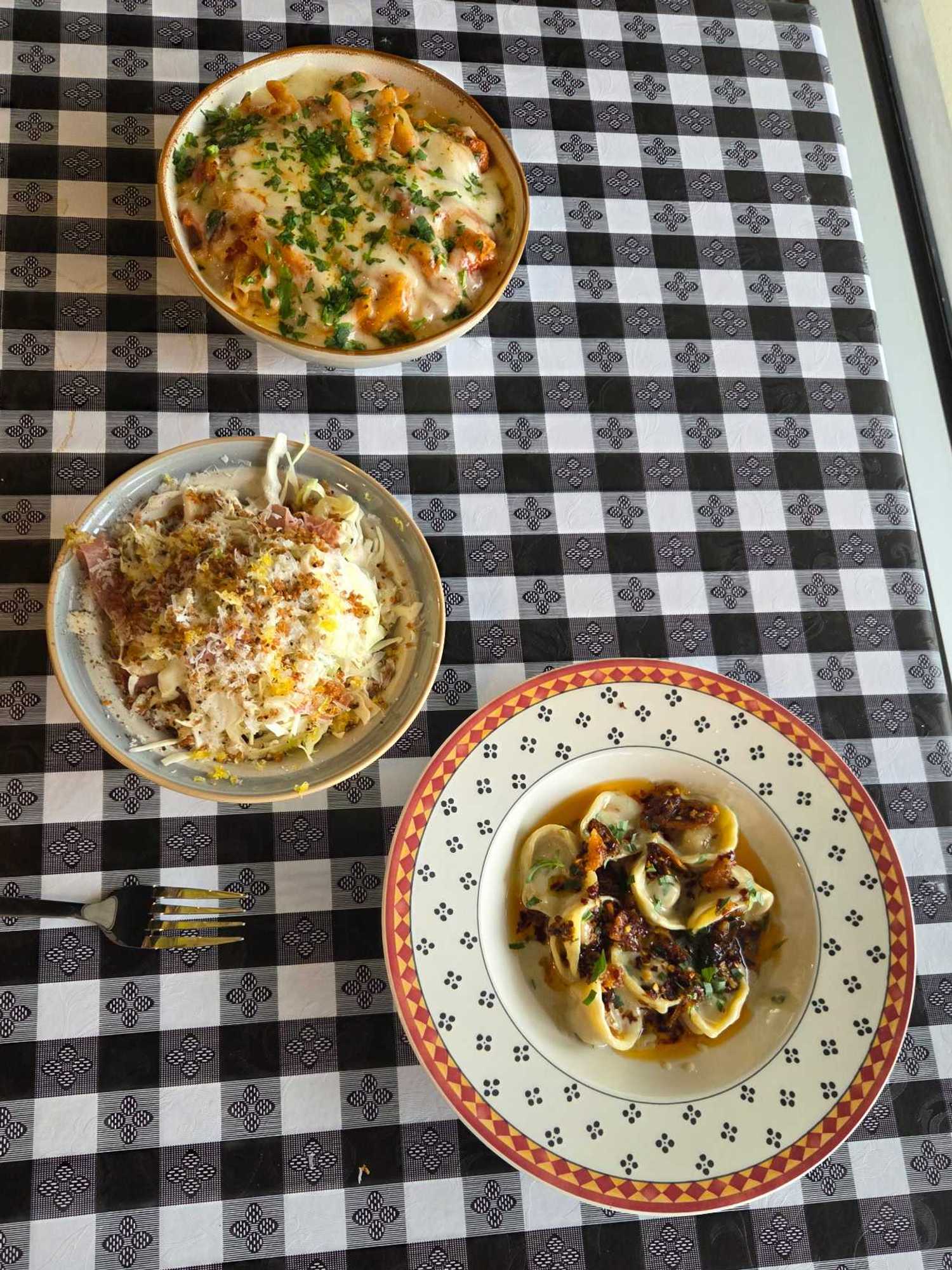 This Italian joint goes straight for comfort.Photo courtesy of Umarell
This Italian joint goes straight for comfort.Photo courtesy of Umarell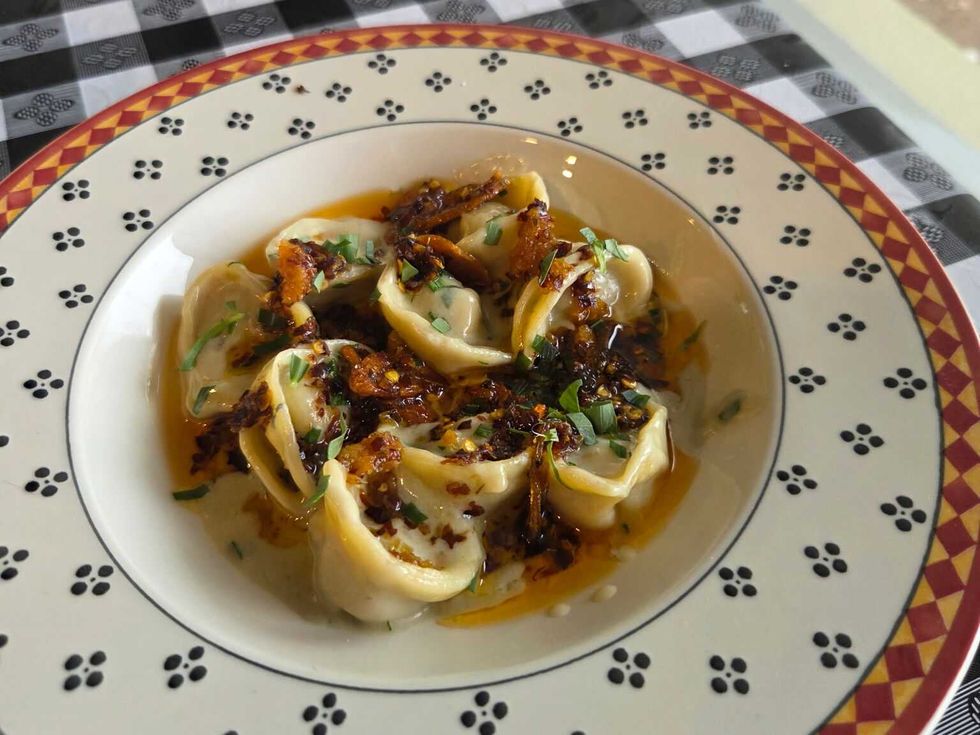
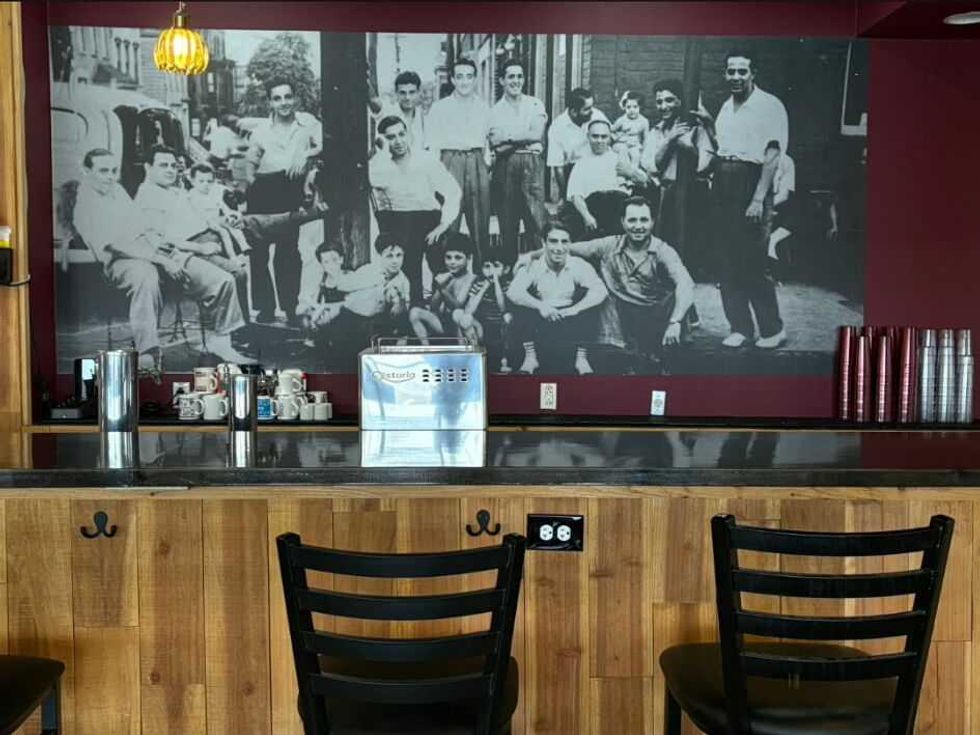
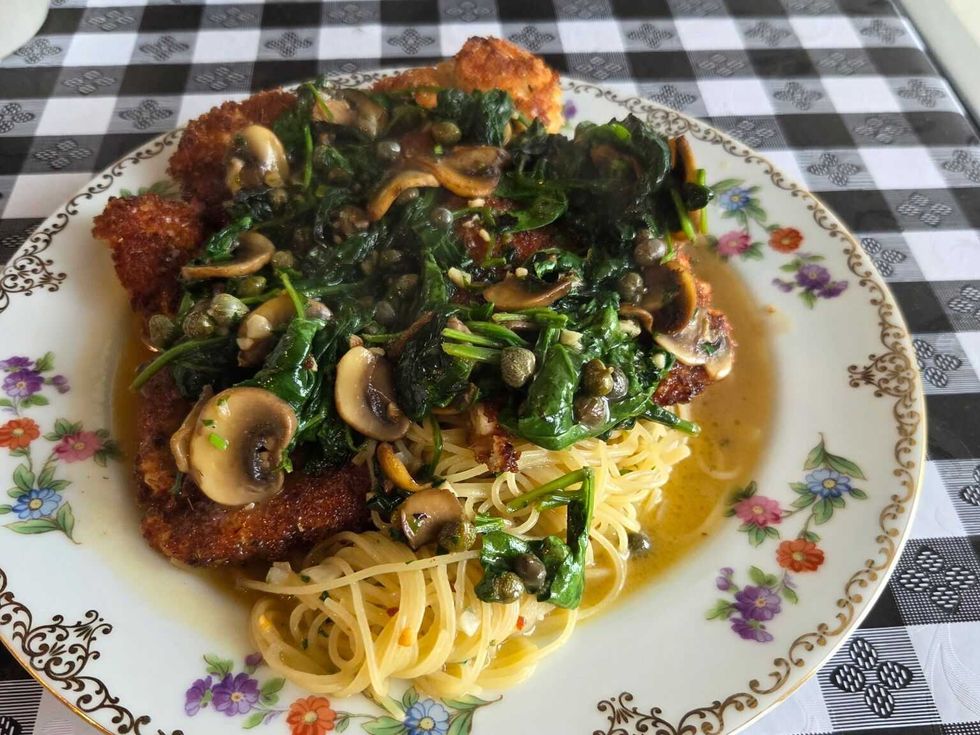
 An introspective team photo of the Umarell crew.Photo courtesy of Umarell
An introspective team photo of the Umarell crew.Photo courtesy of Umarell